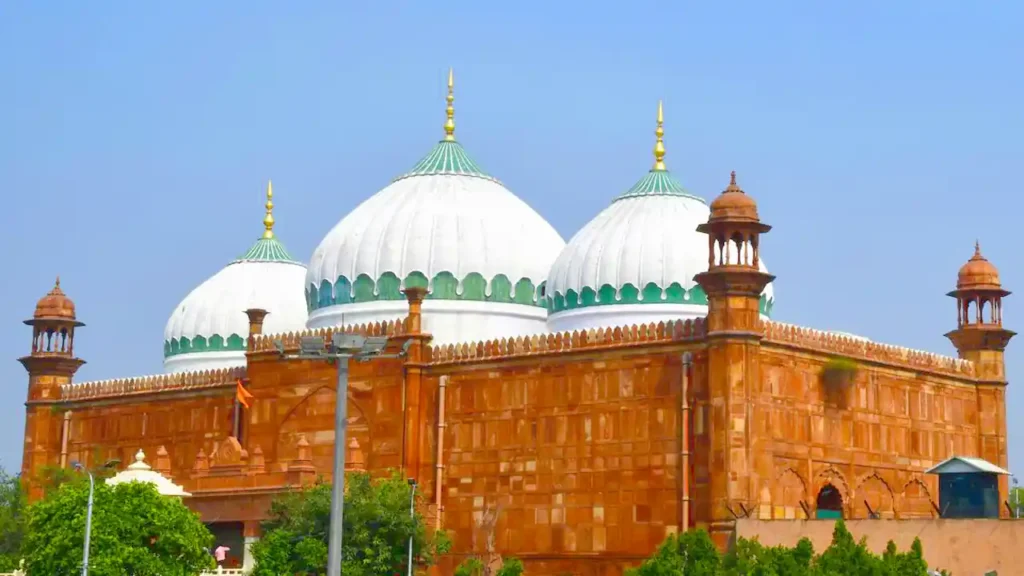Allahabad High Court reserves verdict on consolidation plea in Krishna Janmabhoomi-Shahi Idgah case, debating legal process and claims from both sides.
Court Deliberation on Consolidation of Cases
The Allahabad High Court has reserved its decision on a plea submitted by the Muslim side, requesting reconsideration of the court’s earlier order to merge all lawsuits related to the Krishna Janmabhoomi-Shahi Idgah mosque dispute in Mathura. The case revolves around allegations that the Shahi Idgah mosque, established during the reign of Mughal Emperor Aurangzeb, was built at the birthplace of Lord Krishna after the demolition of a Hindu temple.
Arguments Against Consolidation
Senior advocate Taslima Aziz Ahmadi, representing the Muslim petitioners, argued that the court’s decision to consolidate the cases, as declared on January 11, might hinder their ability to address each suit individually. She stressed that merging the cases at this stage, prior to the framing of issues and evidence gathering, would be premature. Ahmadi expressed concerns that without a proper foundation of issues, assuming that all cases are similar could complicate the legal proceedings.
Defense for Consolidation and Allegations of Delay
On the other hand, Hari Shanker Jain, the counsel for the Hindu side, supported the court’s consolidation decision, stating that such actions lie within the court’s authority and should not be contested by the involved parties. Jain also accused the opposing side of intentionally delaying the legal process, pointing out that despite the court’s directive on August 1 to frame issues, progress has been hindered by continuous applications from the Muslim side.
Legal Standing and Prior Rulings
Justice Mayank Kumar Jain, who is presiding over the 18 consolidated cases, had earlier dismissed challenges from the Muslim petitioners regarding the maintainability of the suits on August 1. The judge affirmed that the cases are legally valid and not barred by the Limitation Act, Waqf Act, or the Places of Worship Act of 1991, which prohibits changes to the religious character of places of worship as they existed on August 15, 1947.
Now You Can Follow Our Channel On WhatsApp!

